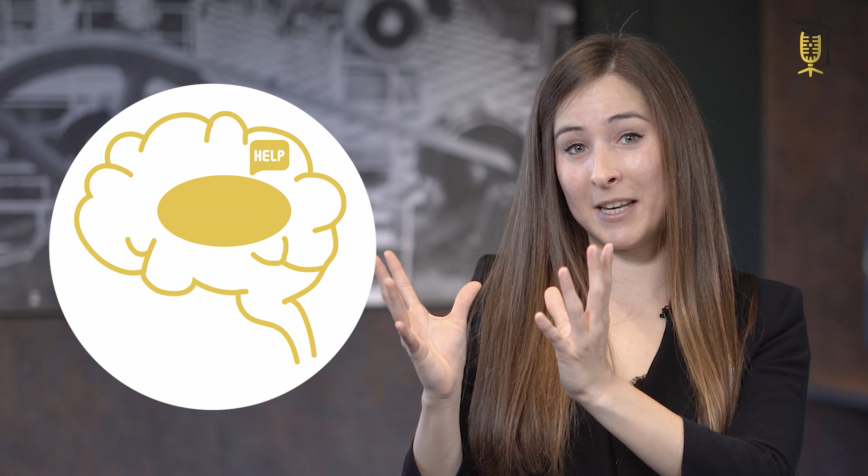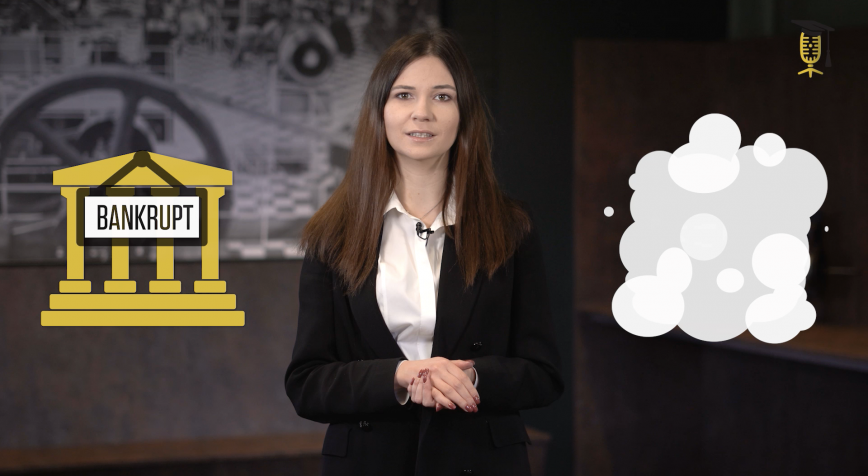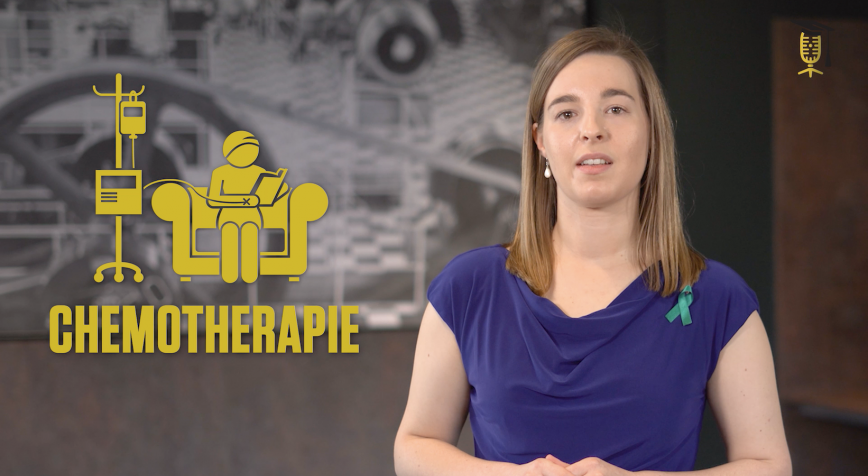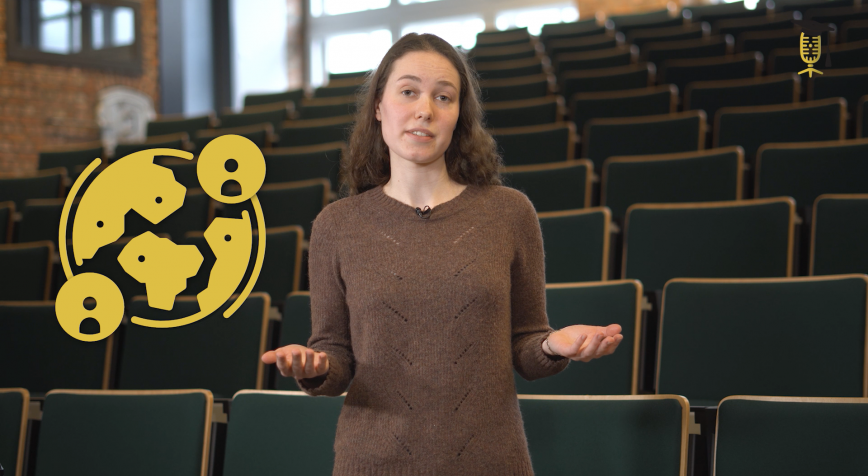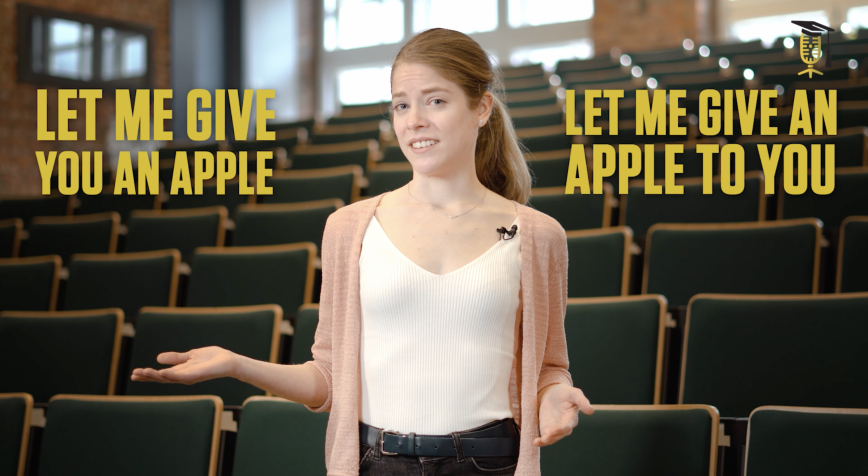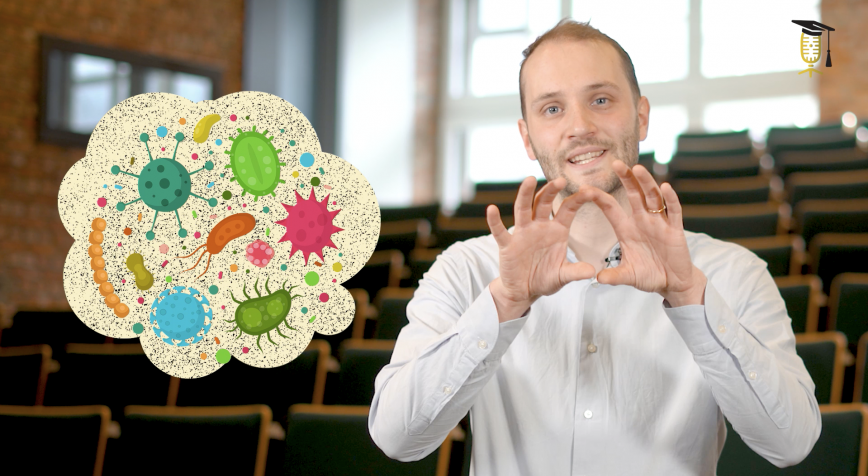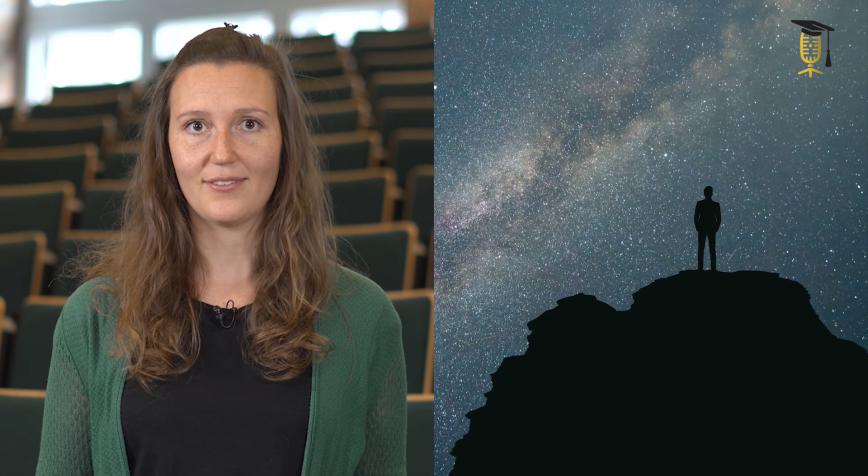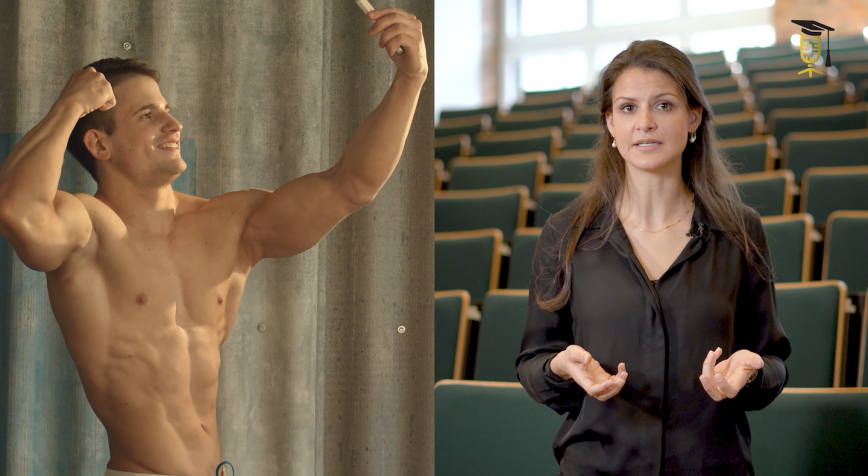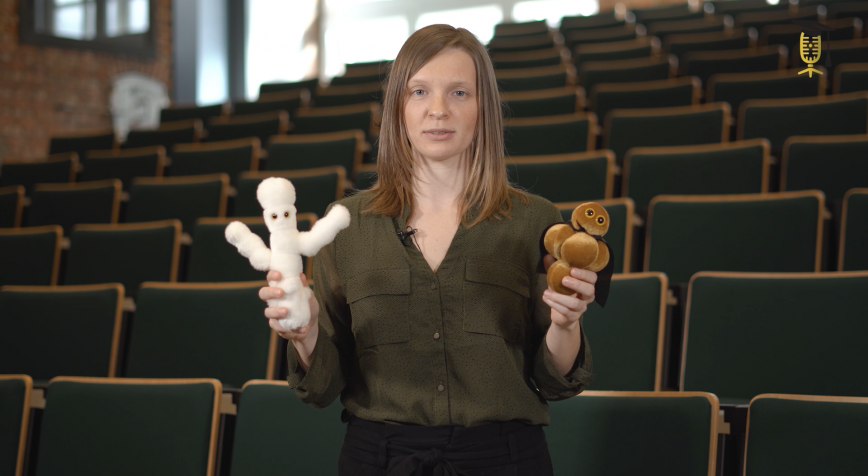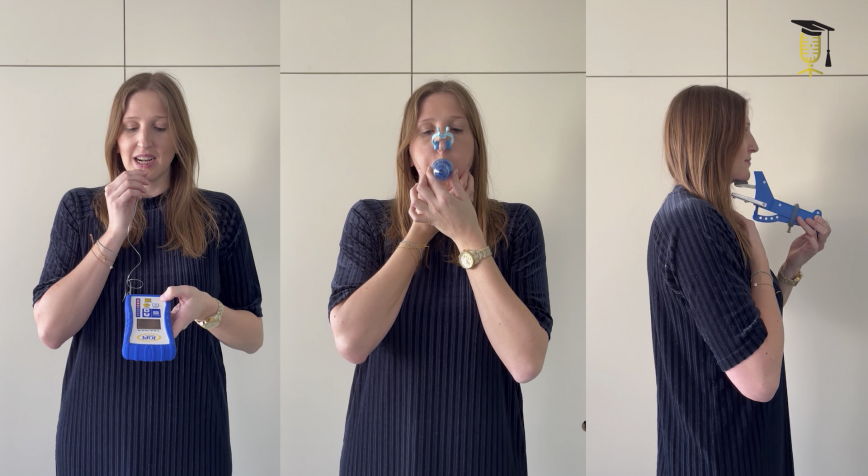
KU Leuven
What is an orphan drug?
Do you remember baby Pia? She suffered from the rare muscle disease AMS and the medicine to save her cost a whopping €1.9 million. If you were the Minister of Health, would you pay for Pia's medicine? Even if that meant there was no budget left for another medicine that might save 100 people?

